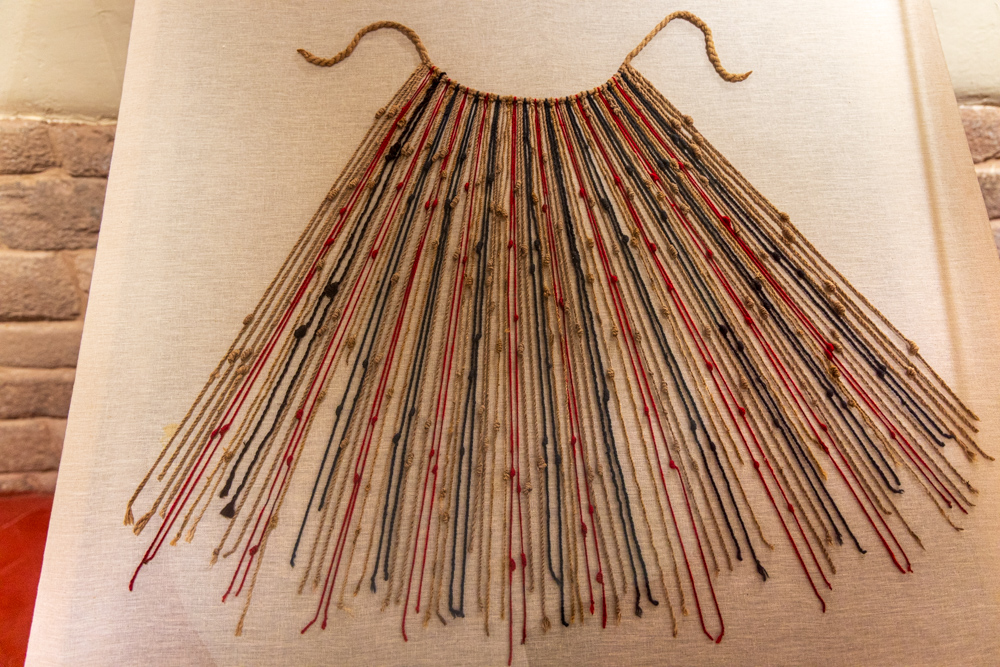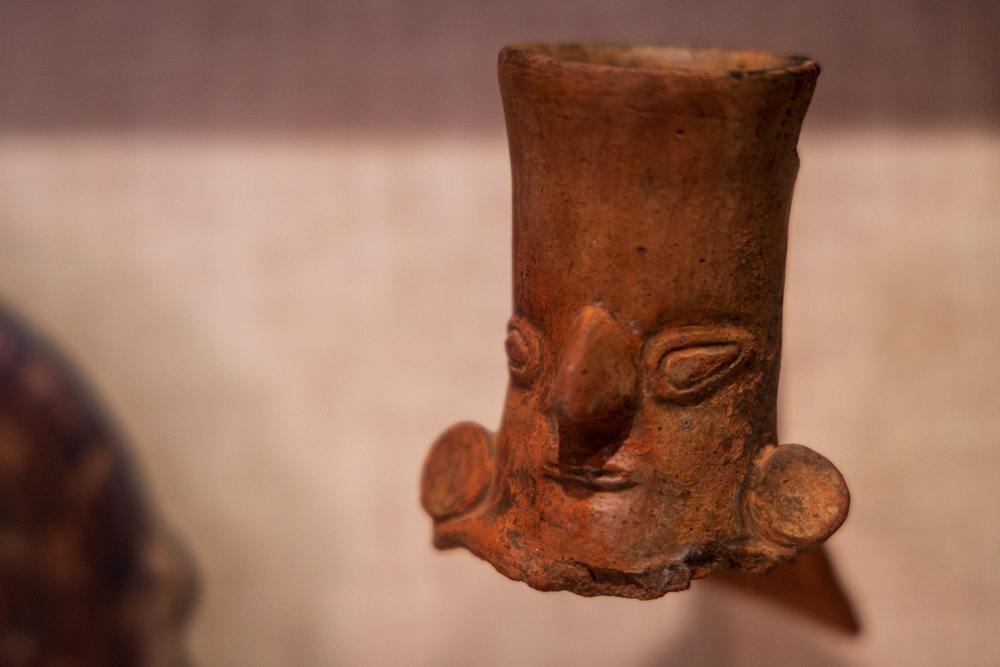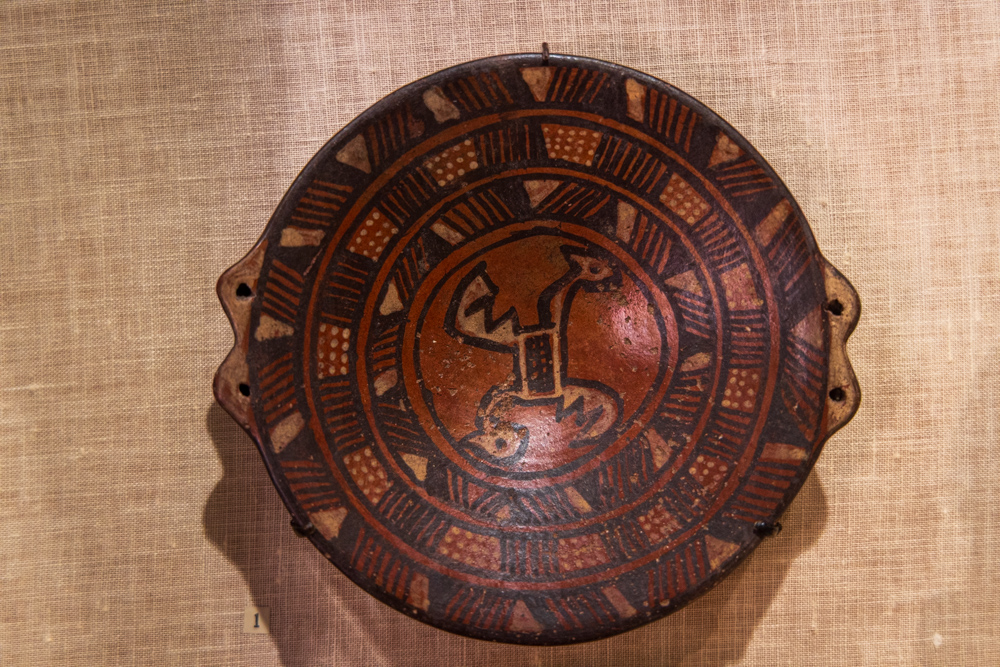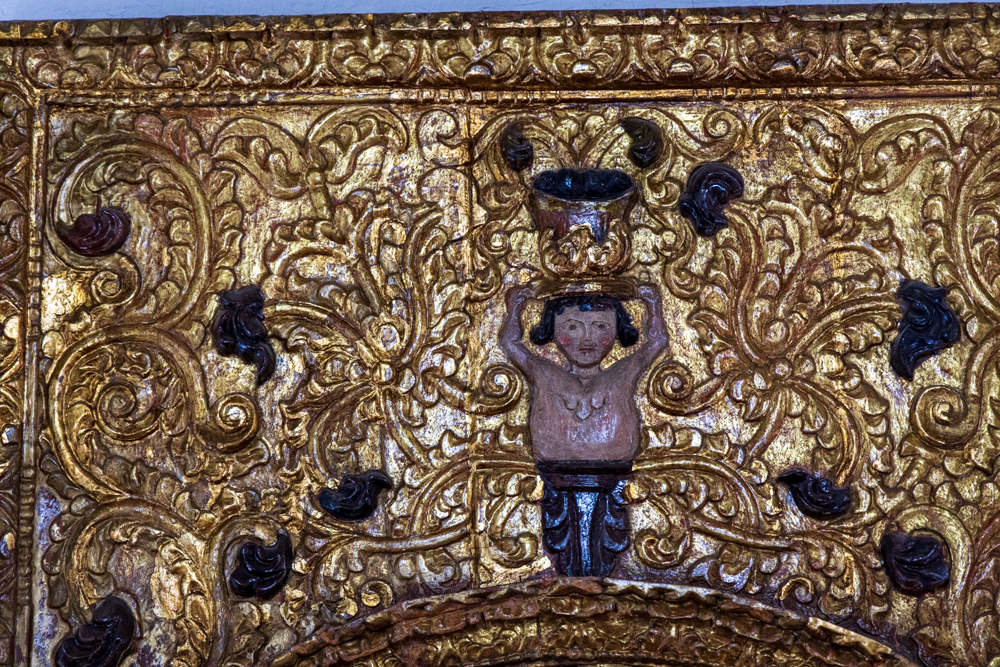Tuesday - 16 April 2024 - Sacsayhuaman Archaeological Site sits above Cusco. The Incas built the complex in the
15th century, particularly under Sapa Inca Pachacuti and his successors.
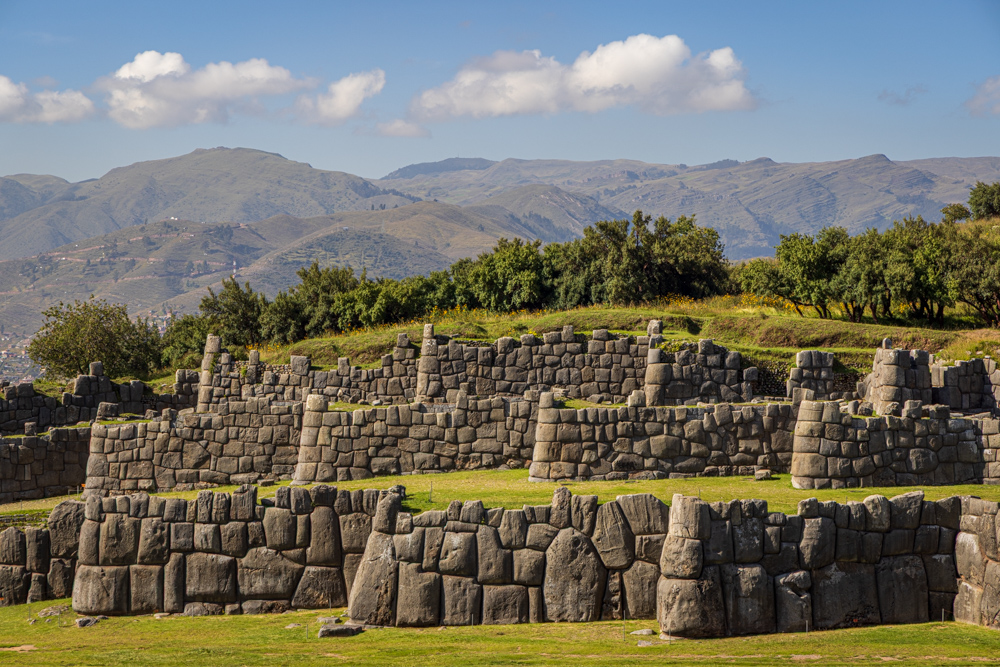
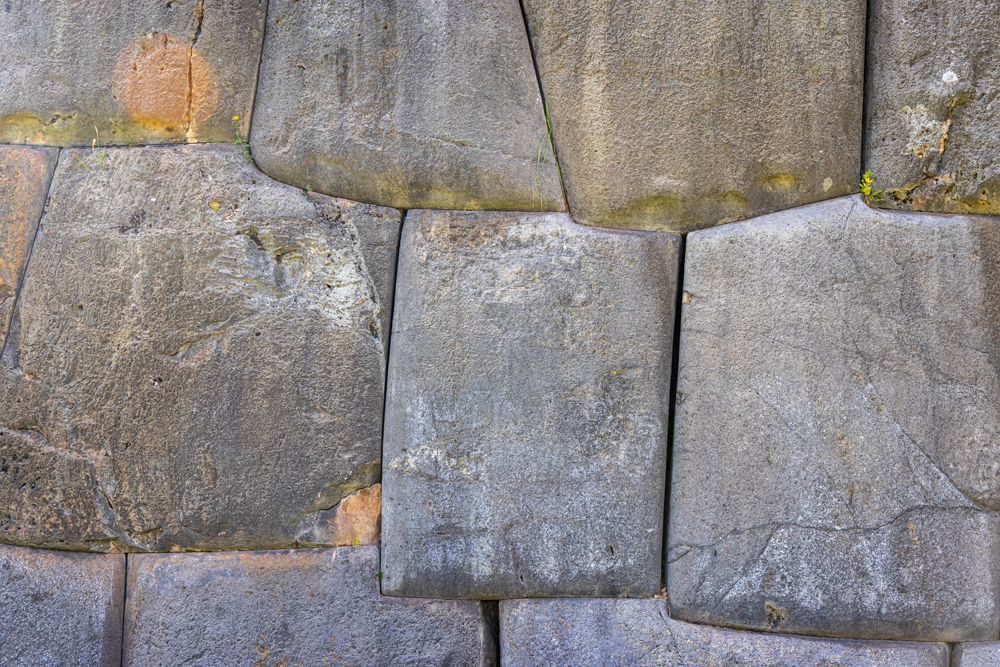


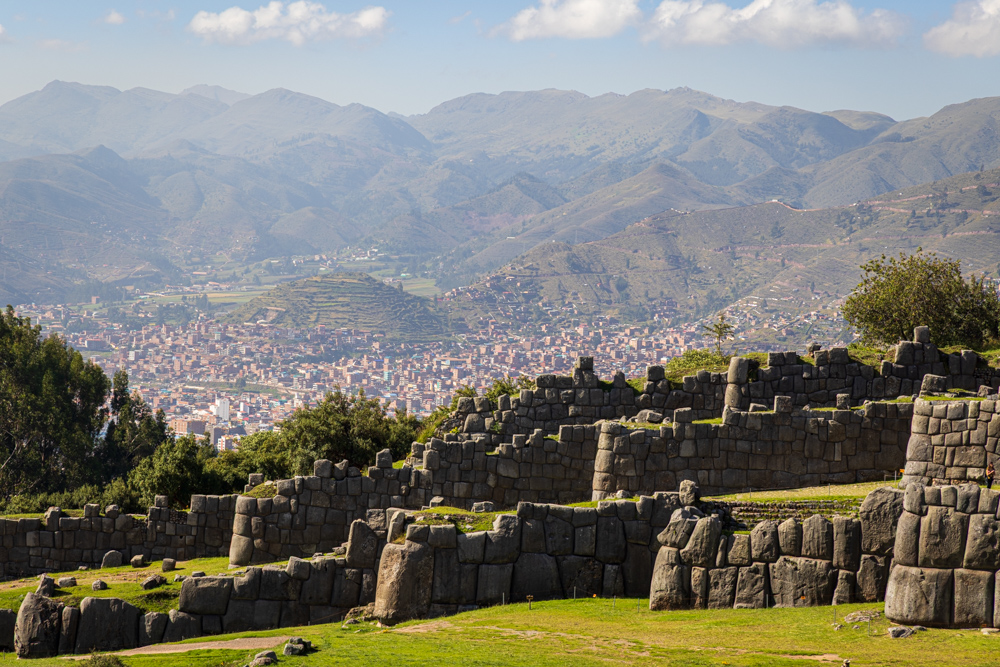
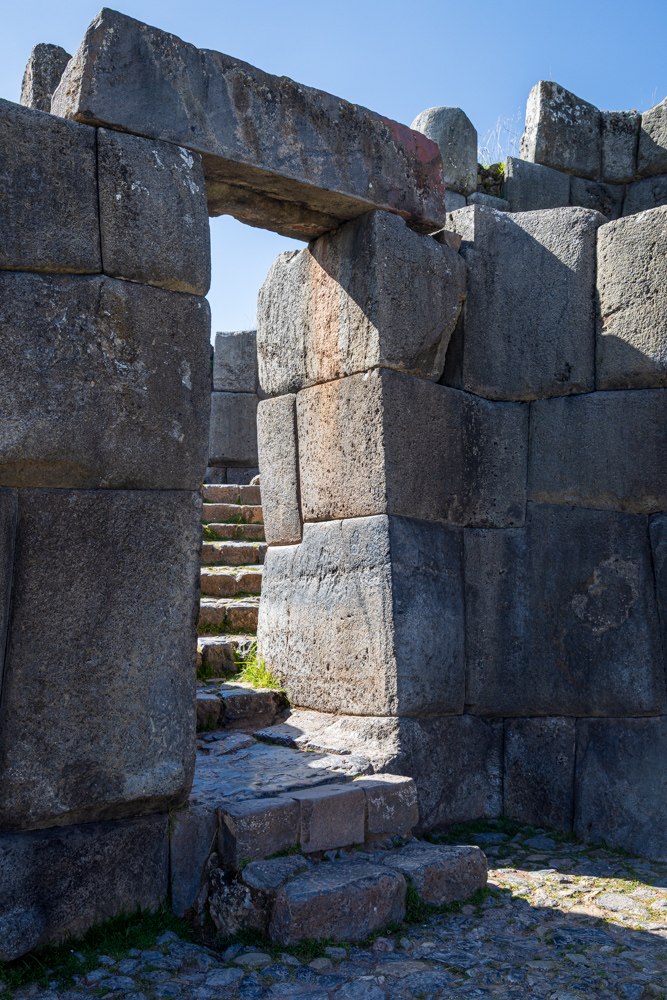

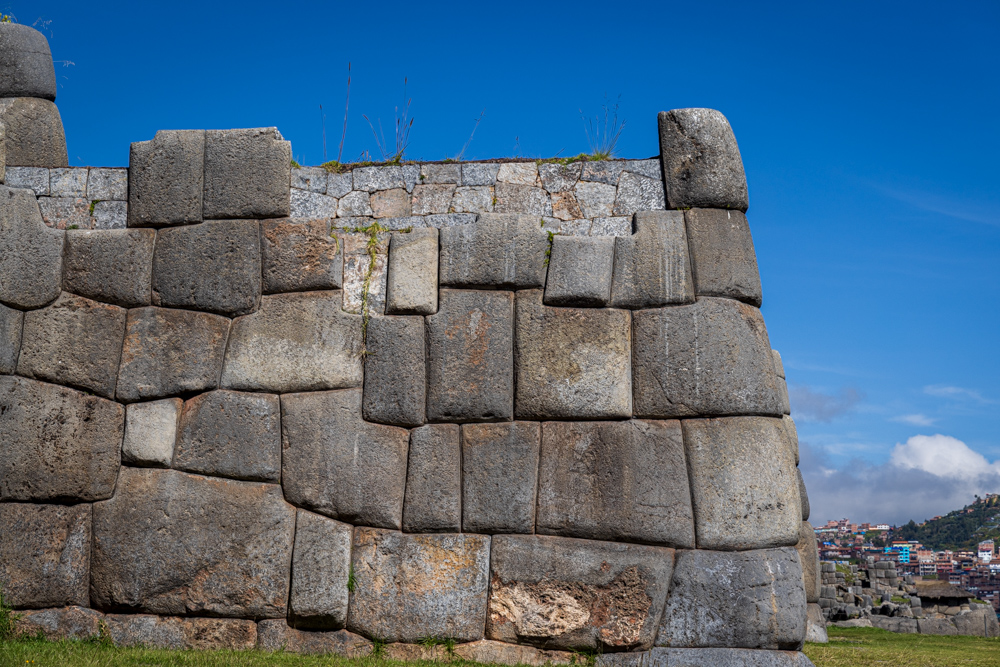
Following the siege of Cusco, the Spaniards began to use Sacsayhuaman as a source of stones for building a Spanish Cuzco. Today only the stones that were too large to be easily moved remain at the site.
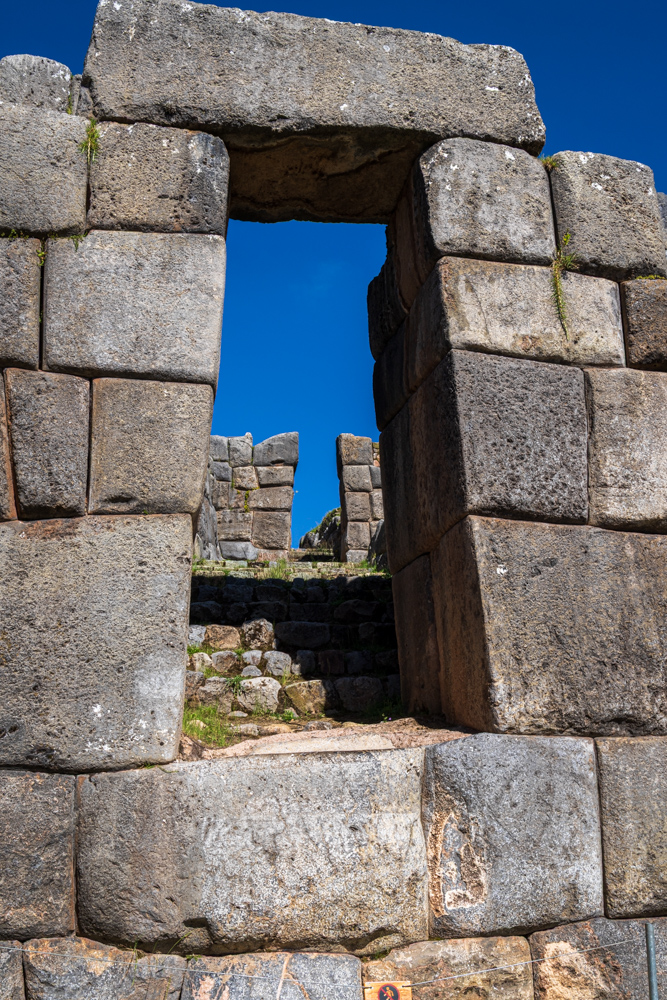
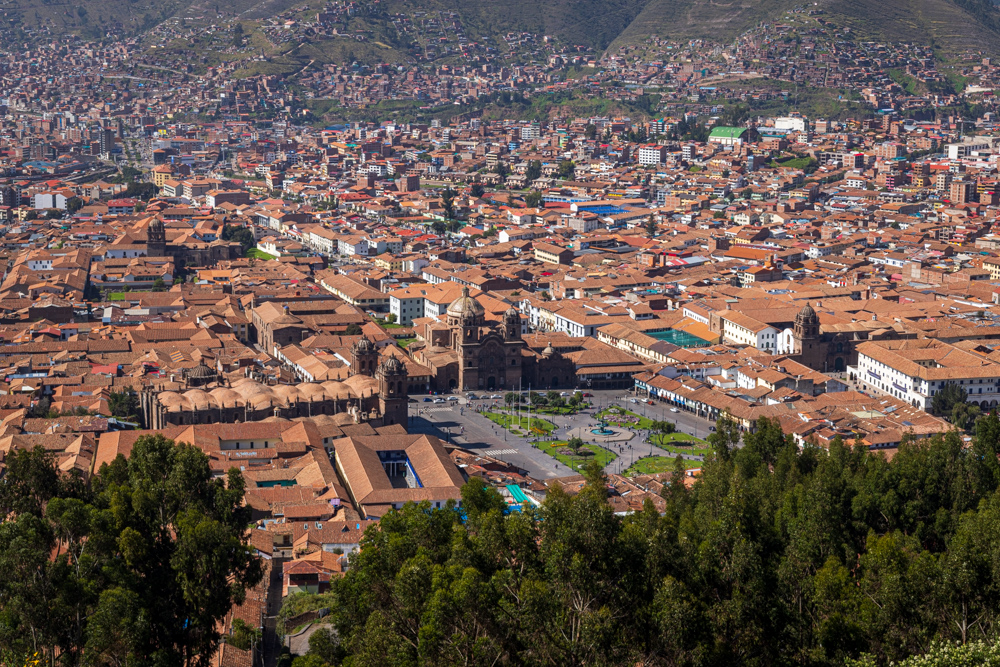
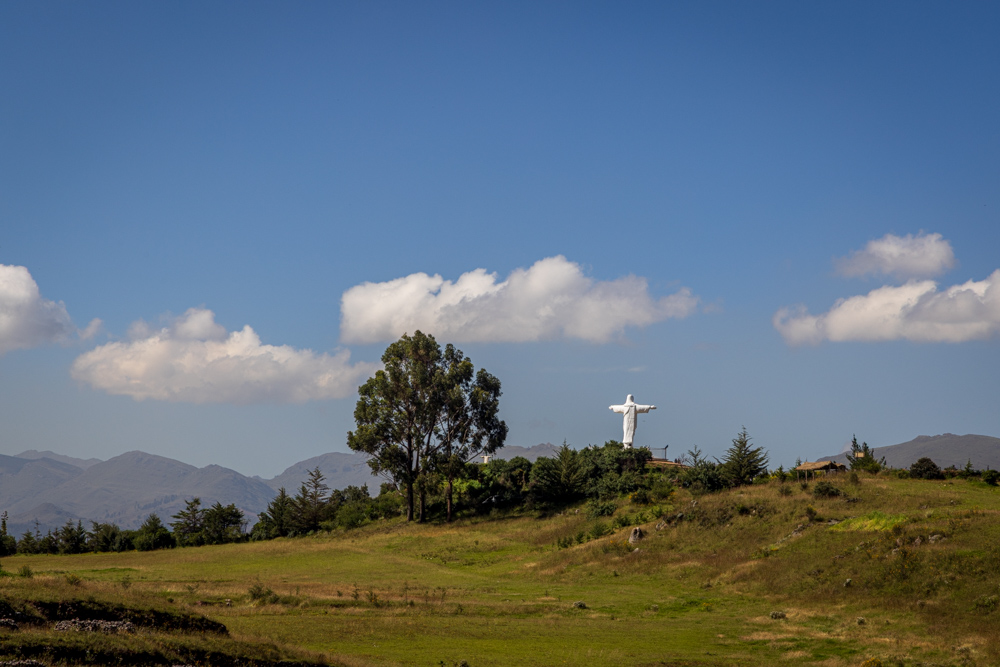
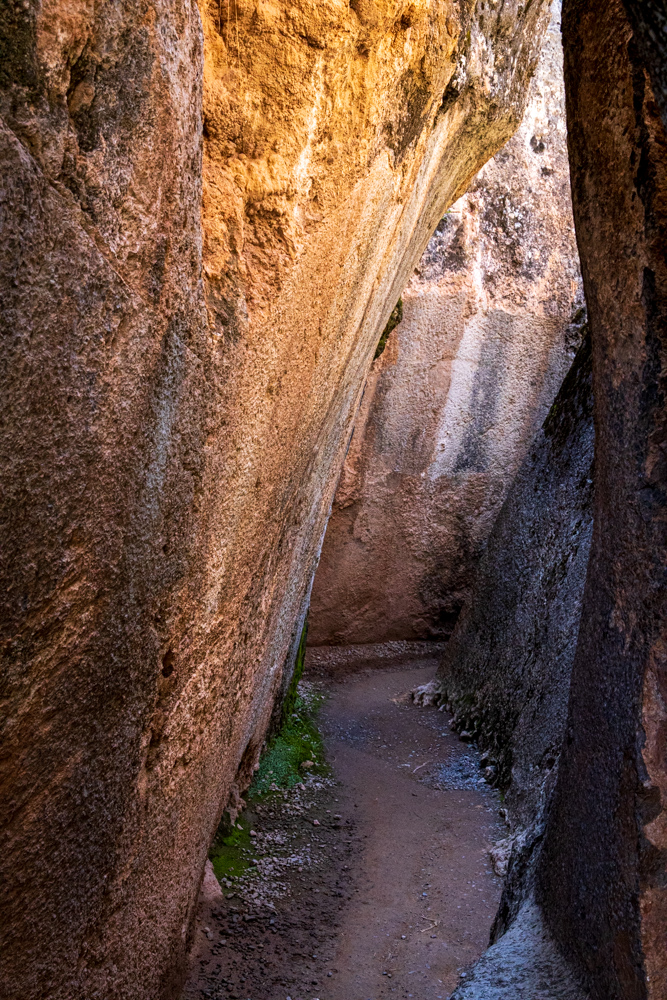
A short distance from Sacsayhuaman is Qenqo - an archeological site consisting of a complex of subterranean galleries, canals, and a semicircular amphitheater-type structure.
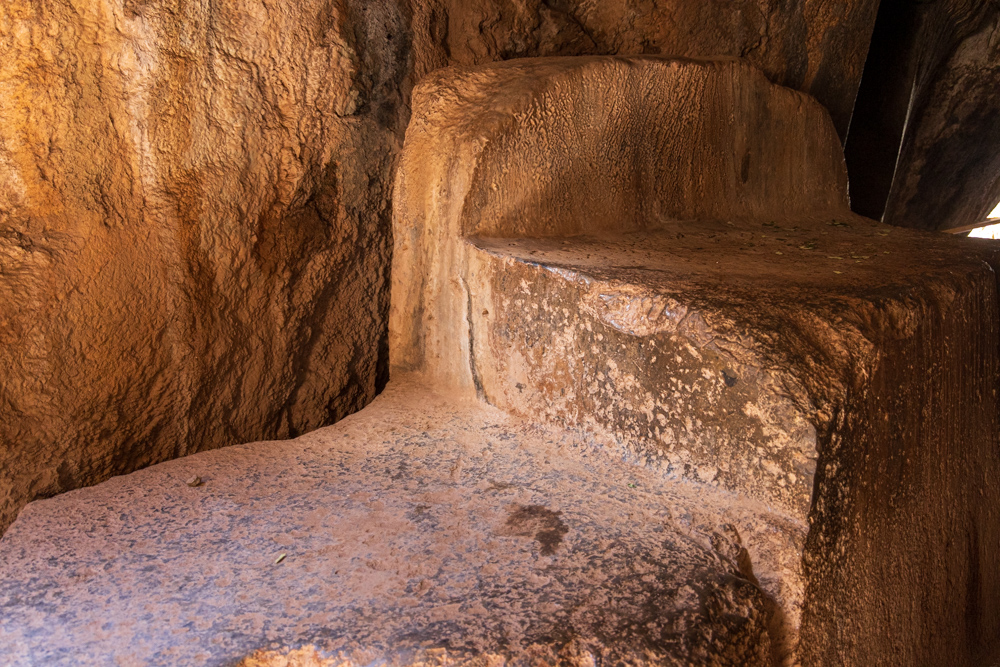
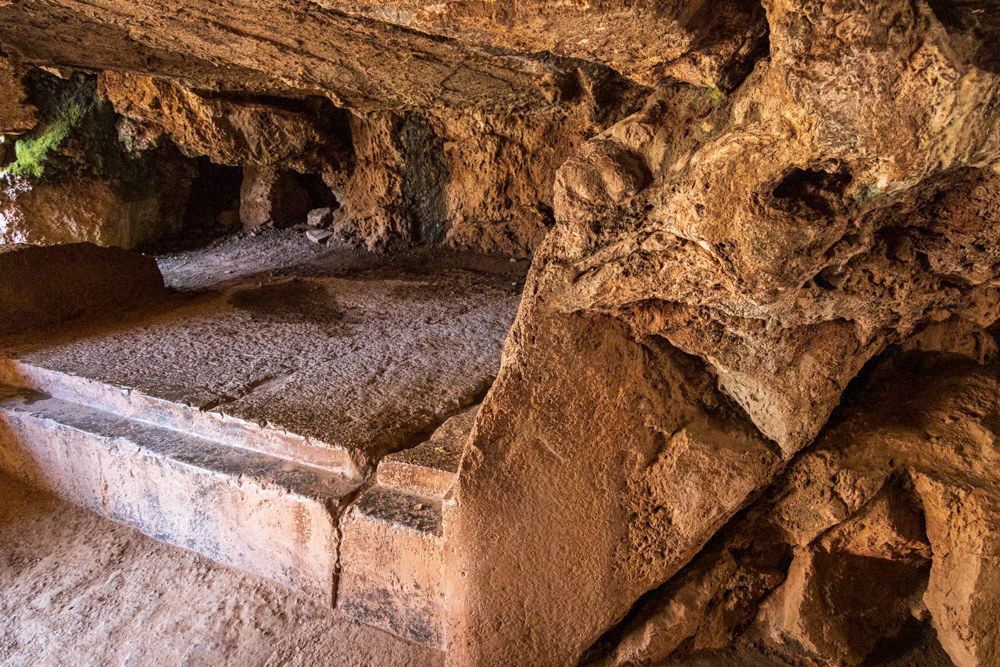
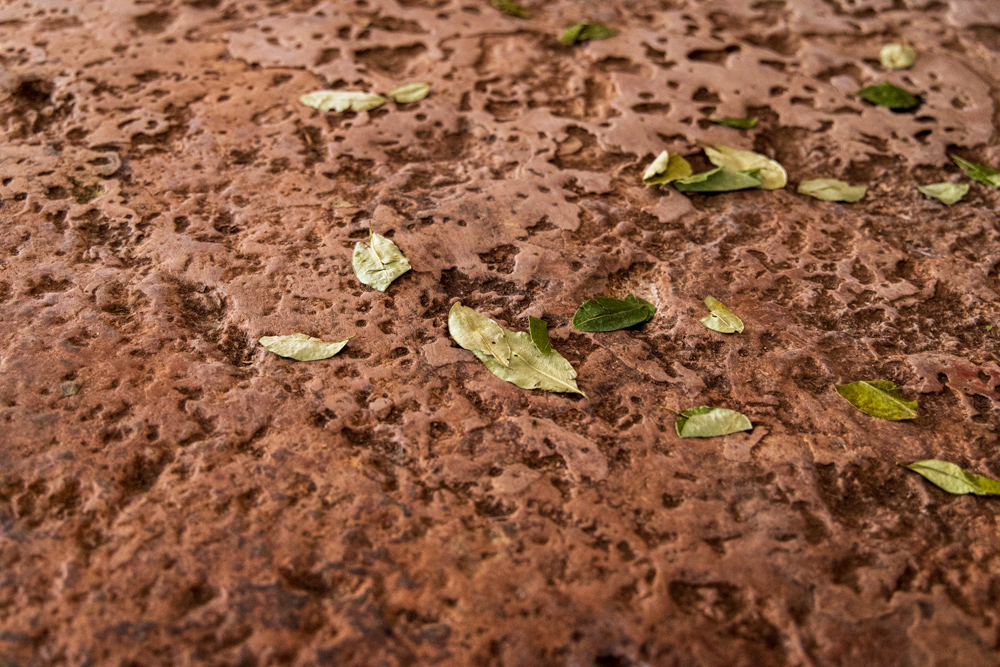
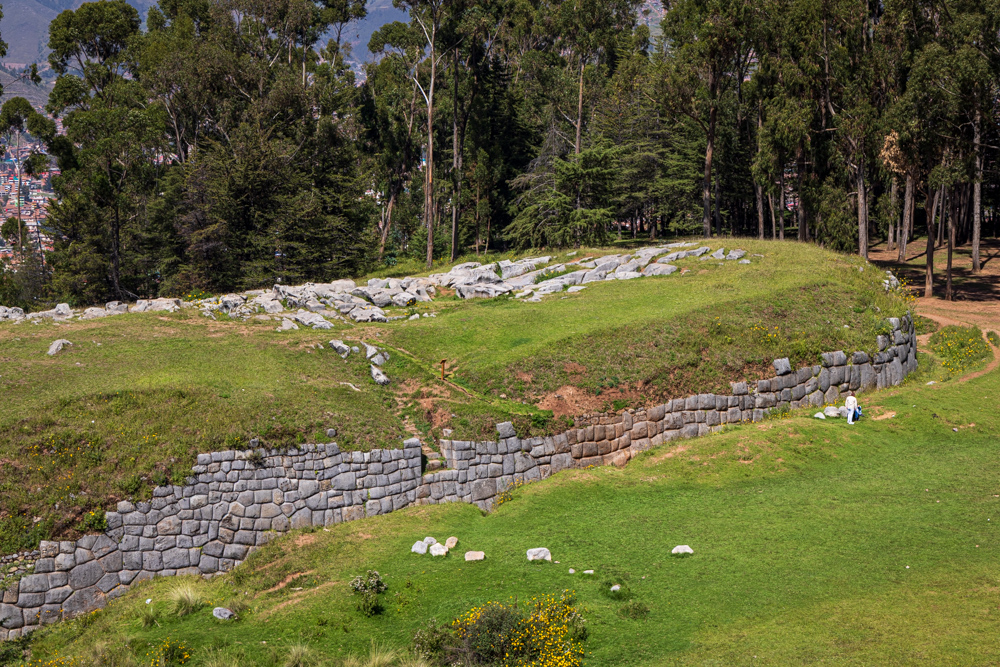
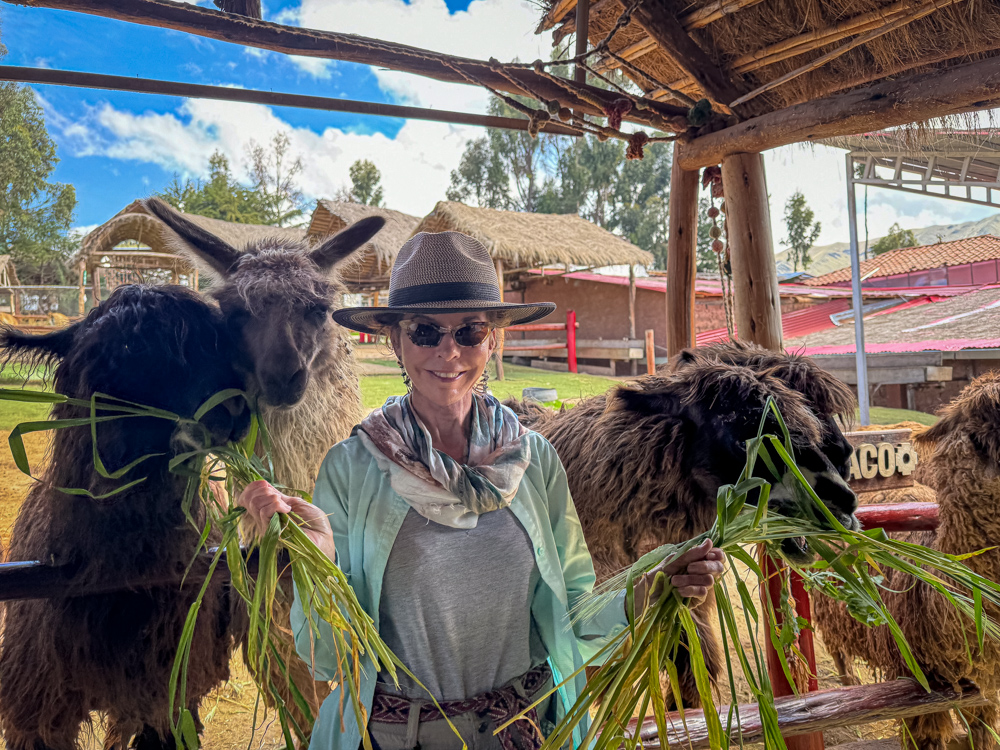
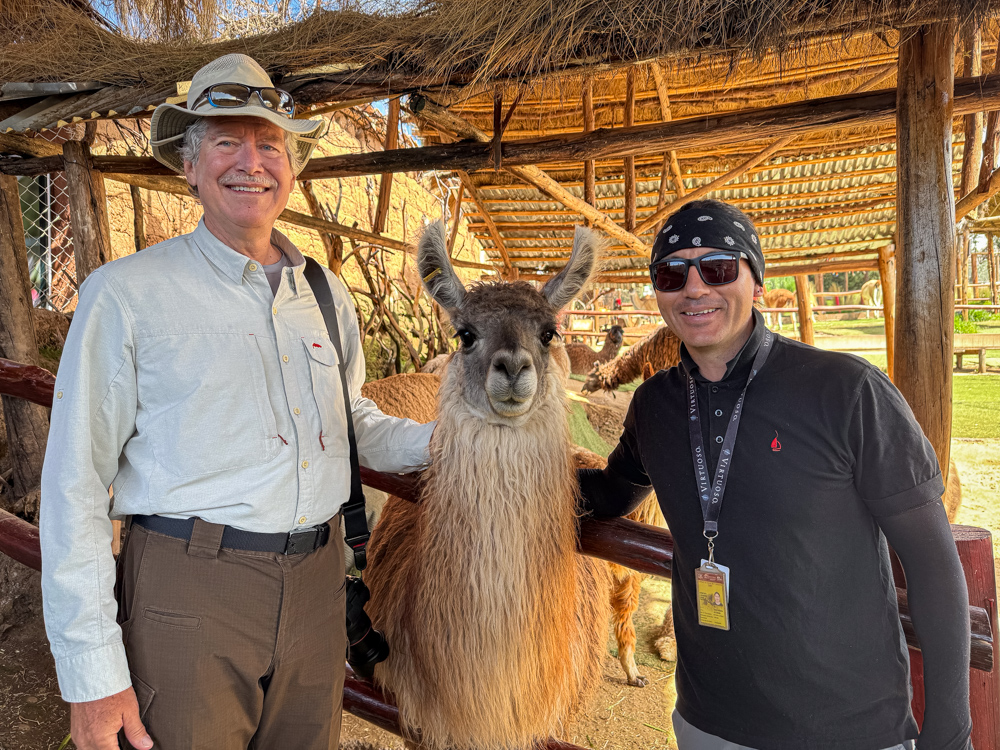
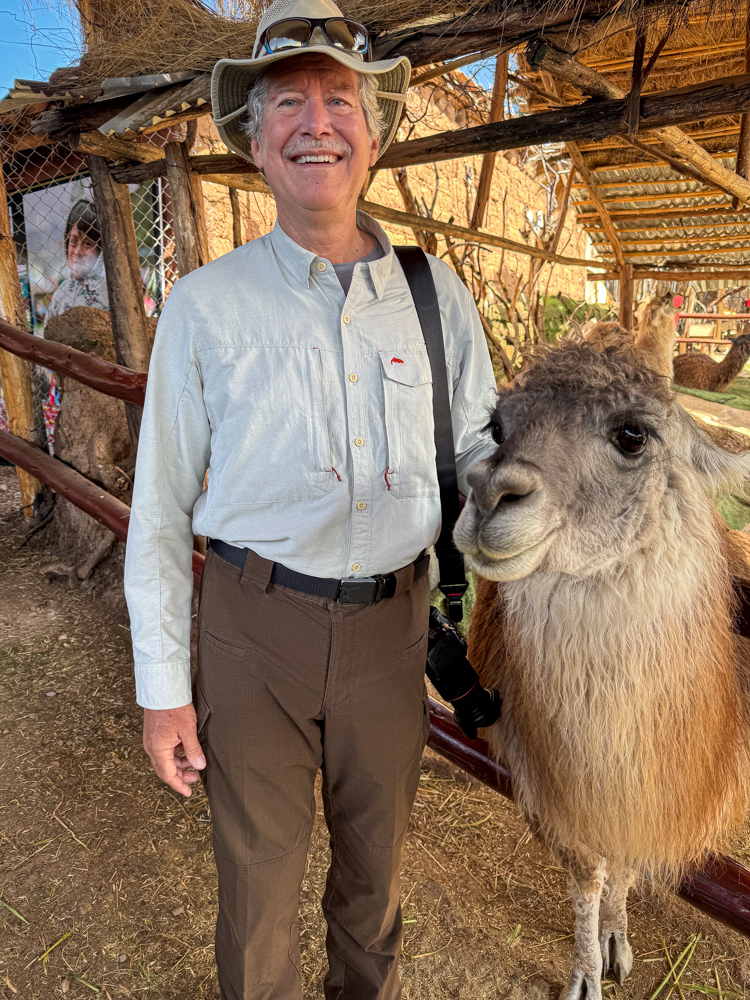
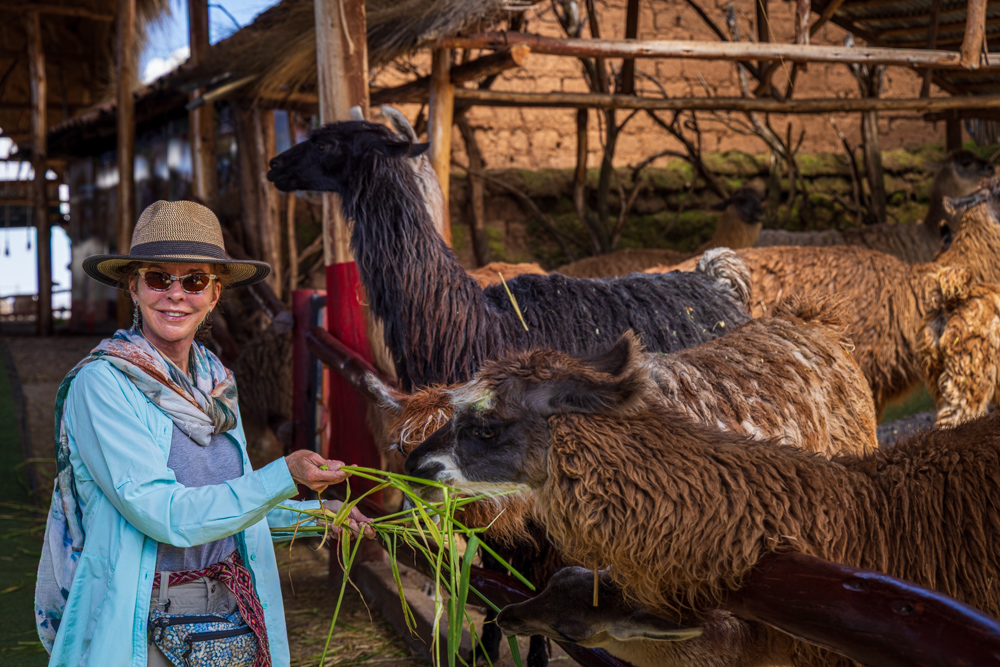
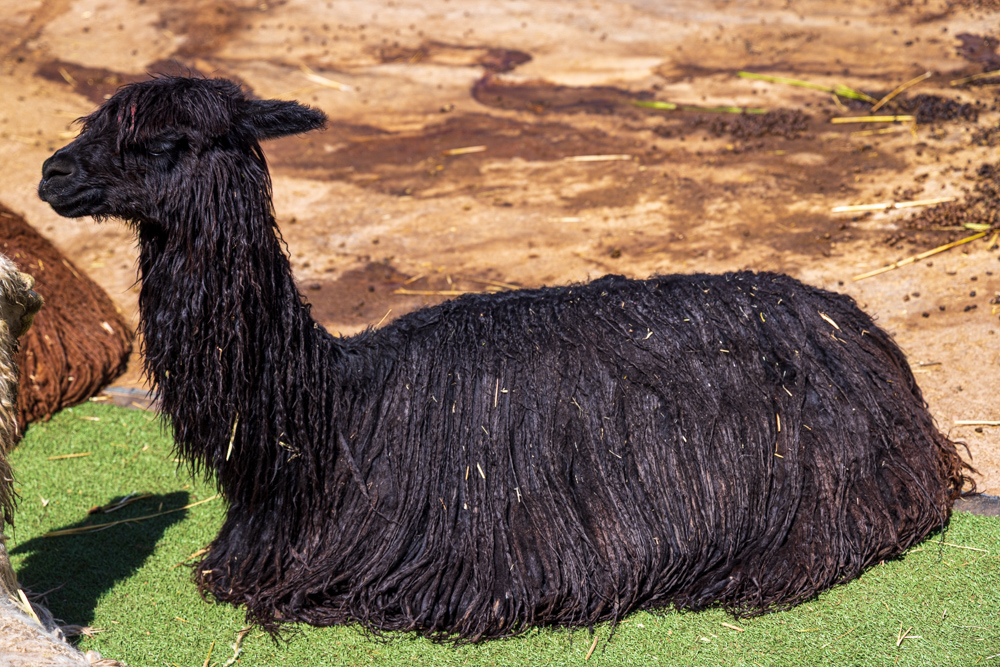
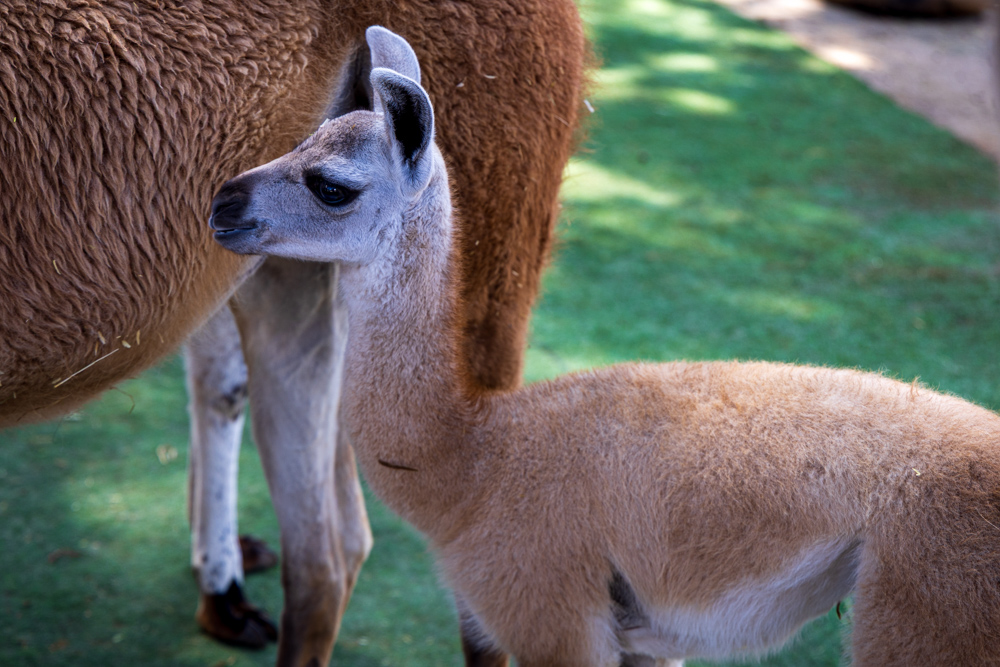
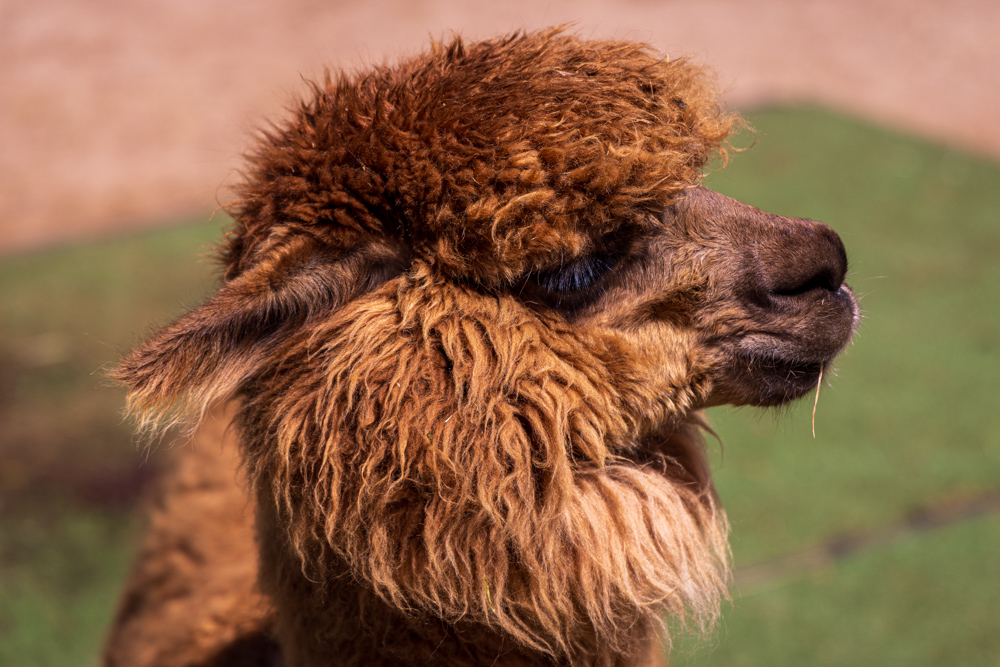
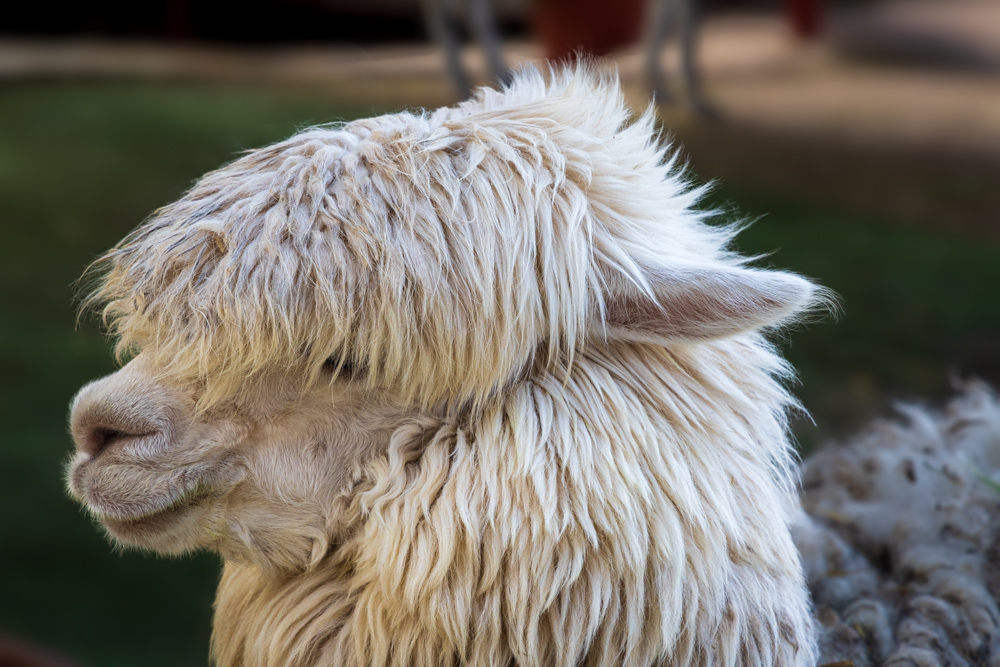
Virginia Ann did browse the attached store and purchase a few Alpaca items.
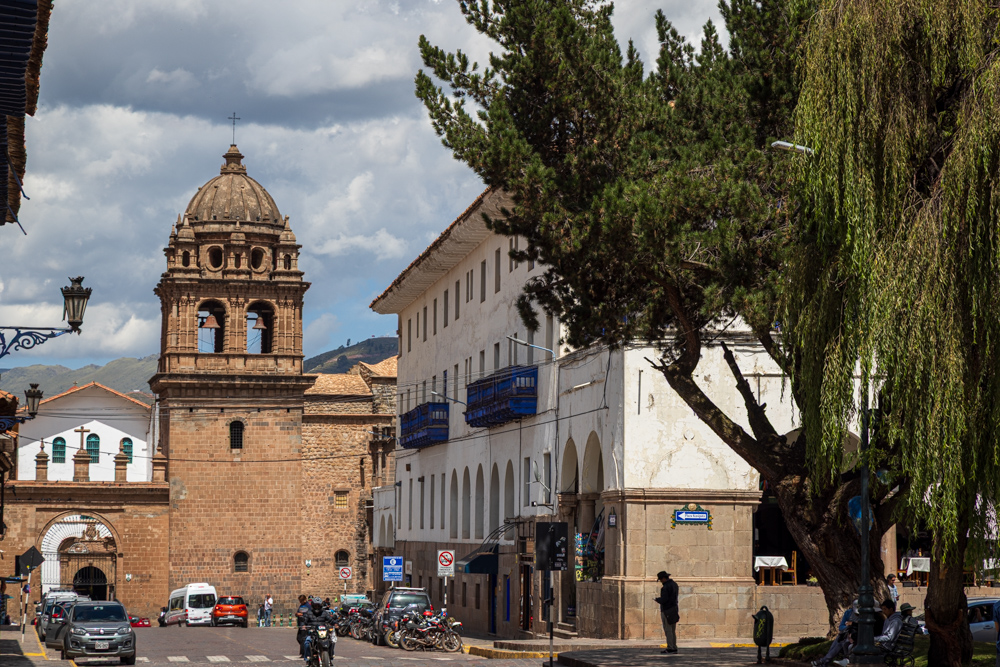
We walked through this plaza on the way to the main plaza several times. This is the Basilica and Convent of Our Lady of Mercy.
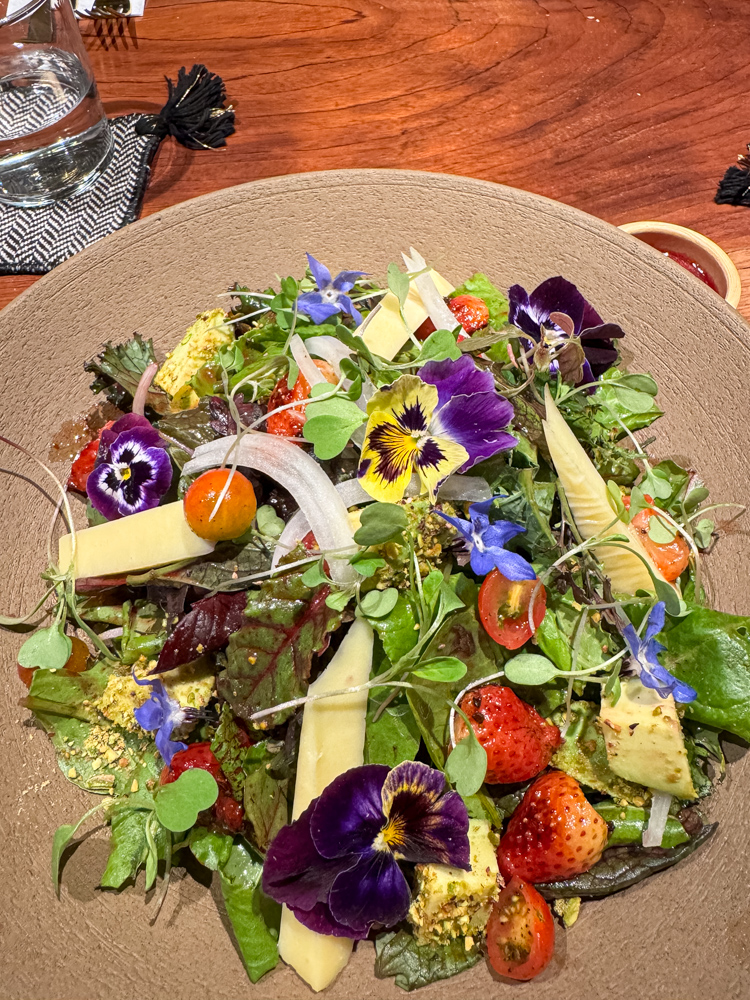
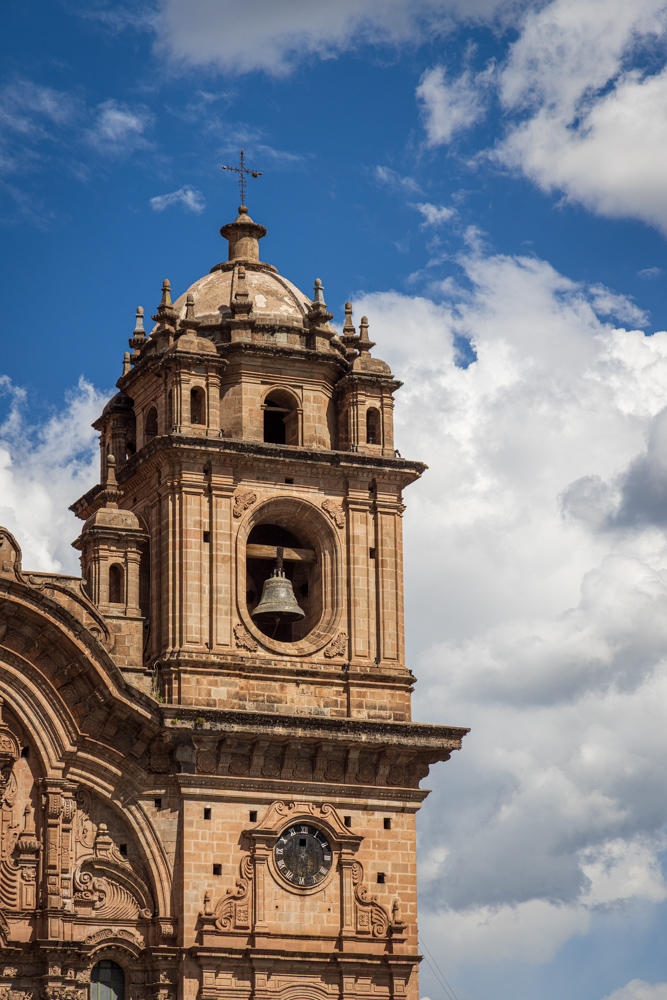

The museum is in an old Spanish home - Casa Concha - which is beautiful. Opened in 2011, this well-curated museum just off the plaza displays artifacts that Hiram Bingham unearthed in 1911 when discovering Machu Picchu. Bingham brought 360 pieces back to Yale, where they were subject to an international dispute between Peru and the university. They are now back in Peru.
